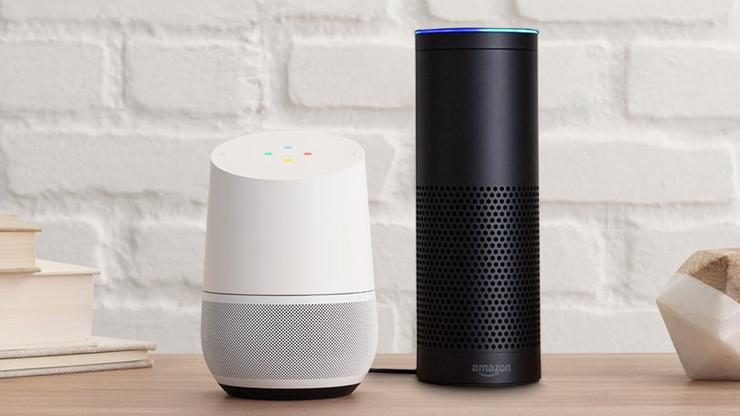Burger King’s spoof ad that triggered Google Home devices around the nation two days ago goes to show one thing: that AI assistants like Google Assistant on Google Home, and Amazon Alexa on Amazon Echo devices, need to learn how to identify specific voices and only respond to those. This lack of proper voice recognition capabilities is a glaringly large hole that needs fixing. Now.
The original Burger King ad, which started with “OK Google, what is the Whopper burger?” was intended to create a buzz – and it achieved that. That it eventually turned out to be bad PR for the company is a another matter altogether, but it highlights the fact that any voice can take over your Google Home or Amazon Echo smart speaker. Or, for now, shall we just call them semi-smart speakers?
What these devices need is a lock-down mechanism to only recognize and respond to their owners and other authorized users. It’s possible, and Amazon is already moving towards that type of voice recognition technology.
About two months ago, it came out that Amazon was working on just such a thing, called Voice ID. In fact, the report showed that Amazon has been working on this from as far back as the Summer of 2015.
Essentially, it will give Amazon Echo – or, rather, Alexa – the ability to identify who was issuing a particular voice command. The implication, of course, is that this can be used to restrict access, which the Burger King ad clearly showed is required in the case of Google Home.
As of now, Google and Amazon use account sign-ins to restrict purchases, but the fact that GA and Alexa can respond to any voice makes it potentially problematic, to say the least. For example, if I’m signed in to my account, anyone in my household can make purchases on the account.
With Voice ID, that will no longer be possible. In theory. We’ll have to wait and see how Amazon Echo’s skills will be enhanced with this new feature, which will presumably be extensively tested before it is released as an over-the-air update to all Echo devices.
Burger King’s ad showed very clearly that Google Home needs this functionality as well. In this case, Google Home’s ability to respond to the ad was killed, but they’re not going to be able to do it on a case-by-case basis. Like Amazon, they need a voice recognition technology that can identify and restrict unauthorized users from taking advantage of the currently open voice-activation on Google Home.
The real problem is that these devices have excellent “speech recognition” – so good, in fact, that they lack “voice recognition” in terms of being able to identify their “masters.” And it’s surprising that Google hasn’t implemented this security measure even though it has so many years of experience with voice applications.
They could take a page out of Microsoft’s Windows Hello, which is essentially a security feature. If they can port that type of functionality into Google Home and Amazon Echo, part of the problem may be solved. The other part is to be able to authenticate random voice commands that require access to credit cards, home devices and so on.
It’s still early days for devices like Amazon Echo and Google Home, but this has now become priority number one because it’s a big security hole that needs to be plugged sooner rather than later.
Thanks for reading our work! If you enjoyed it or found value, please share it using the social media share buttons on this page. If you have something to tell us, there’s a comments section right below, or you can contact@1redDrop.com us.
Source: USA Today



